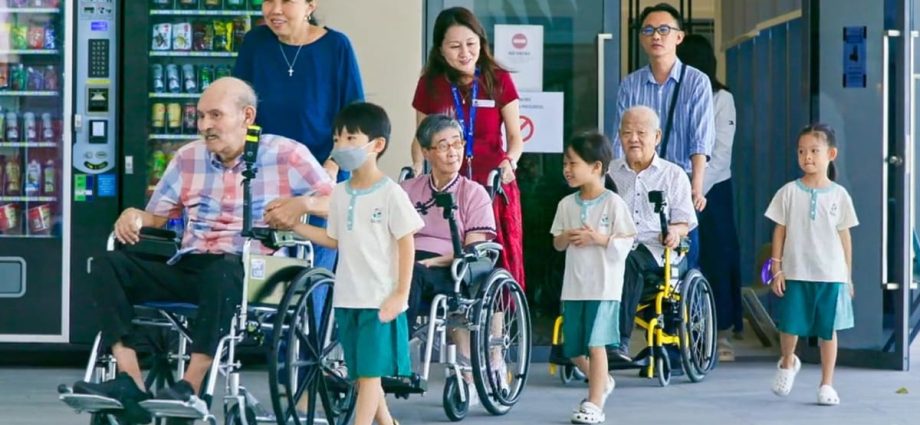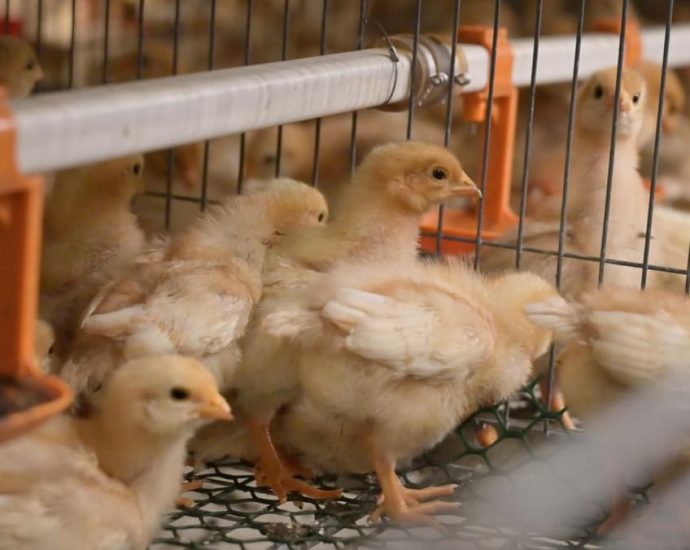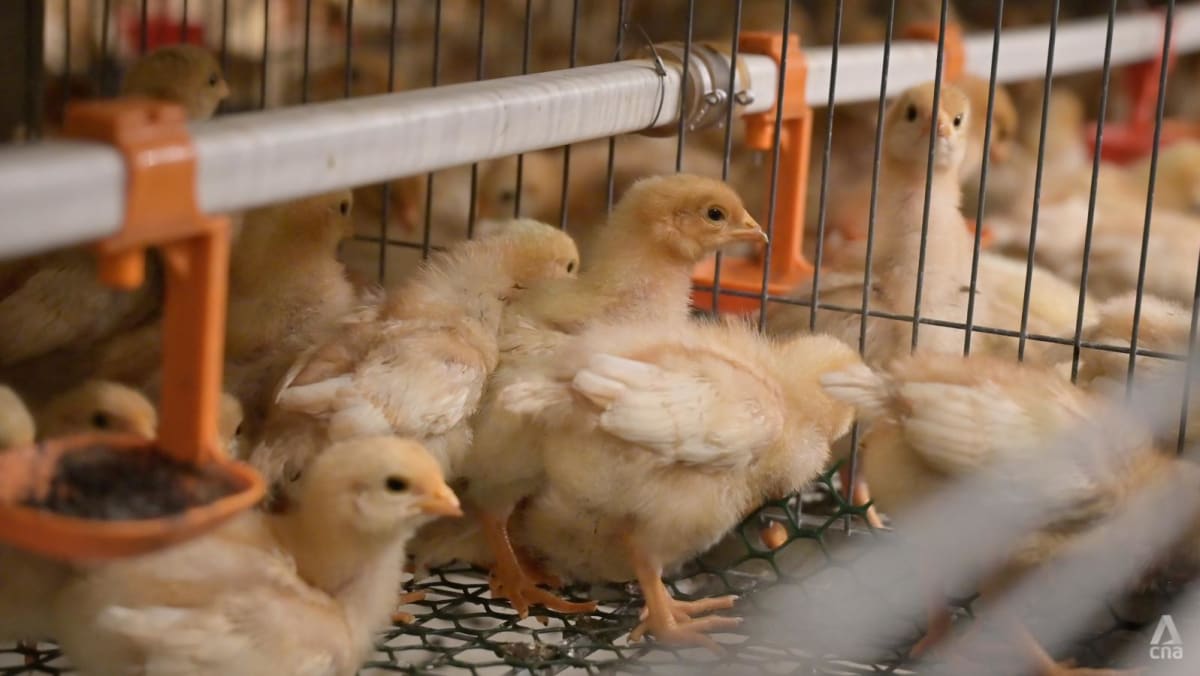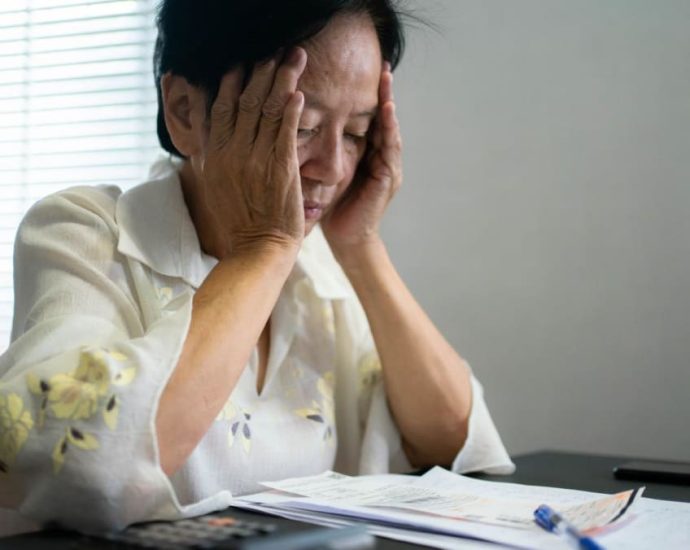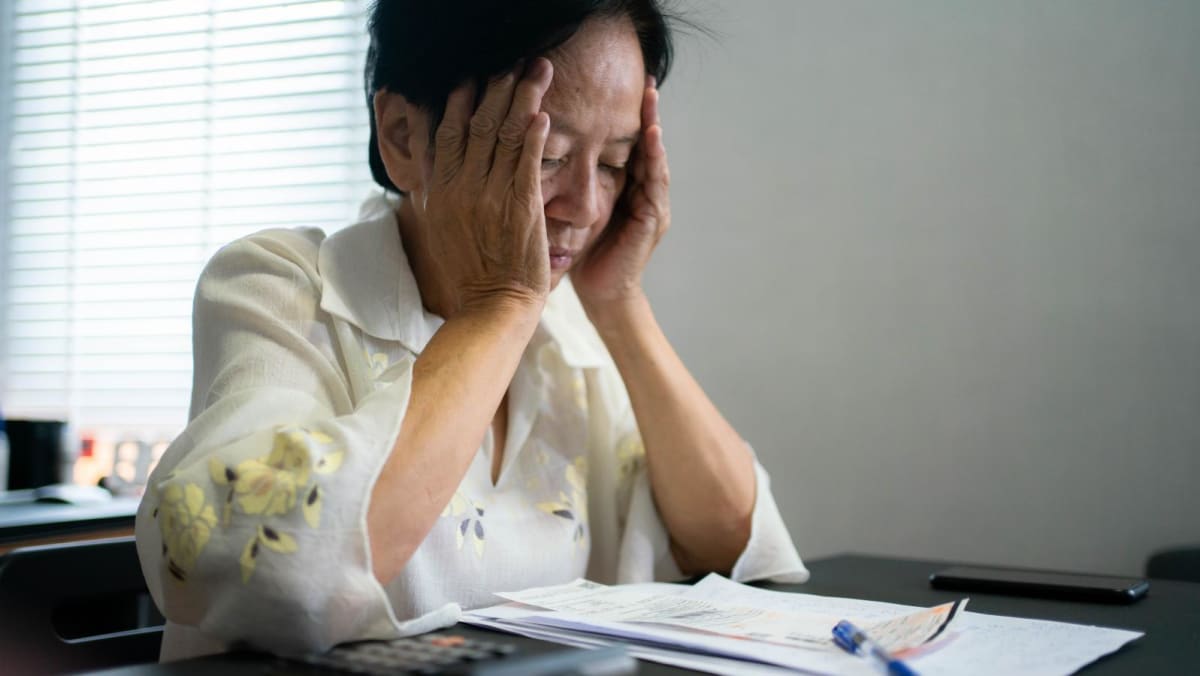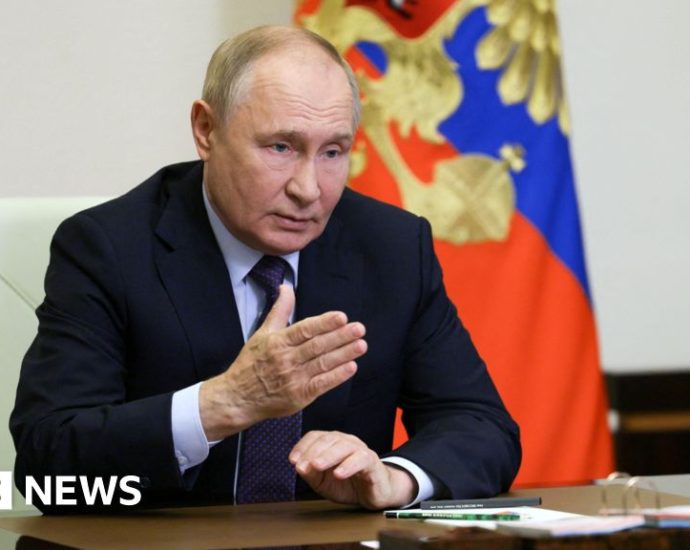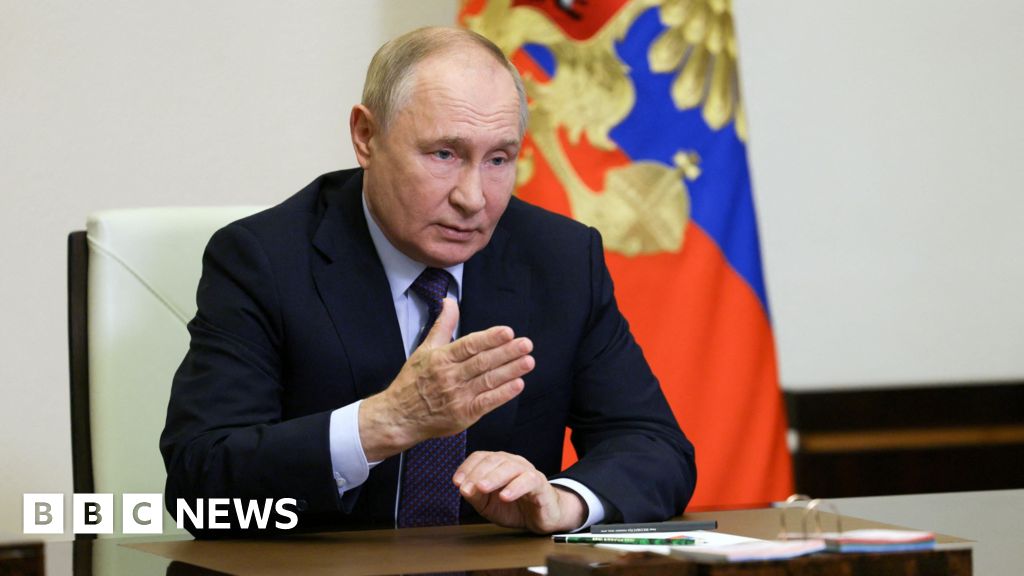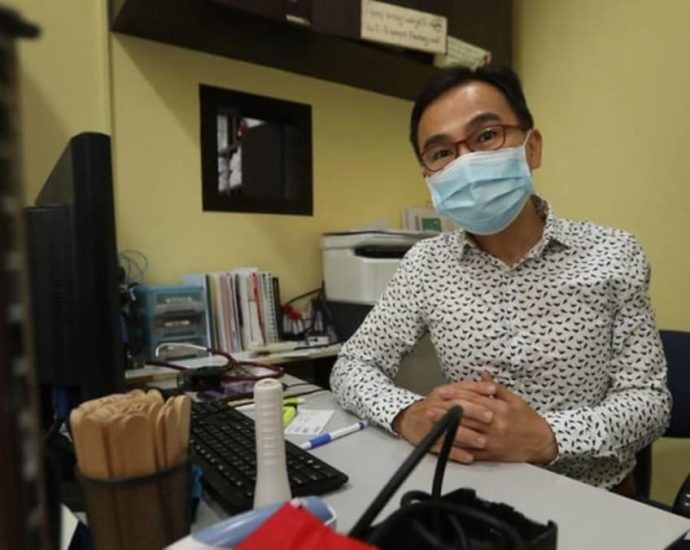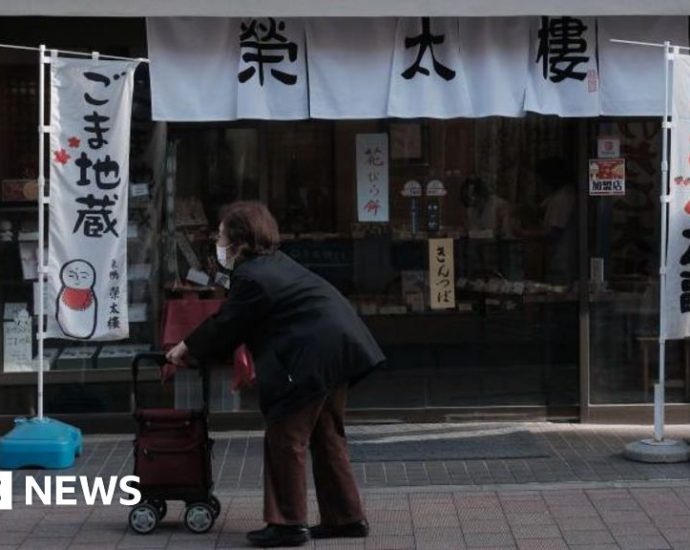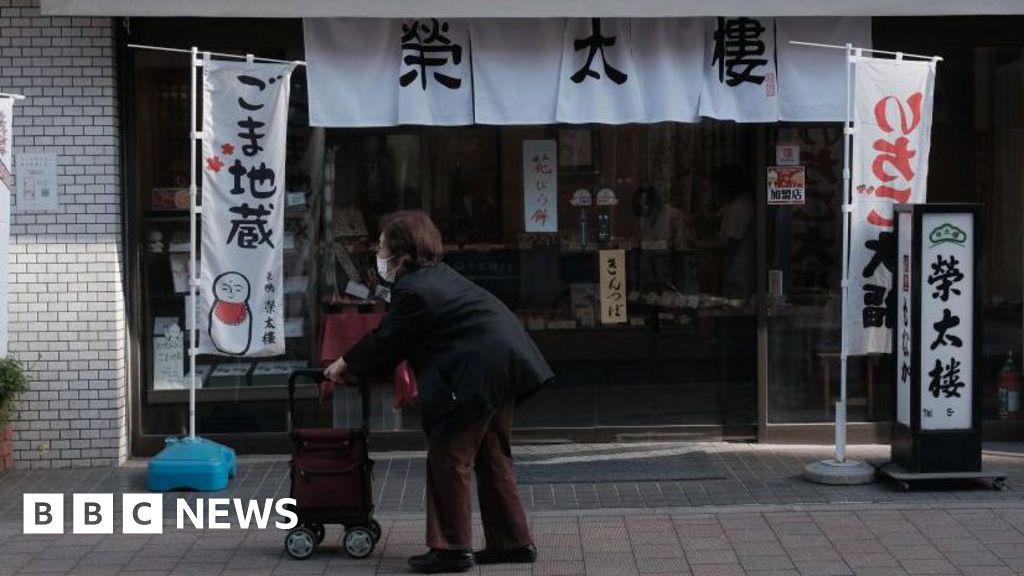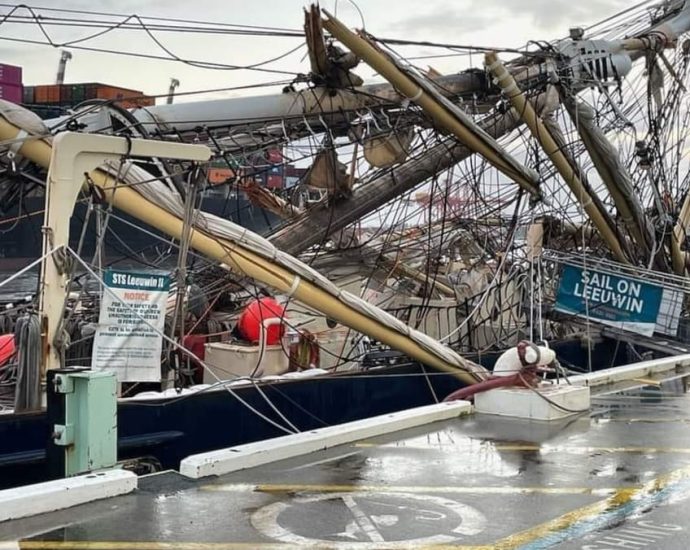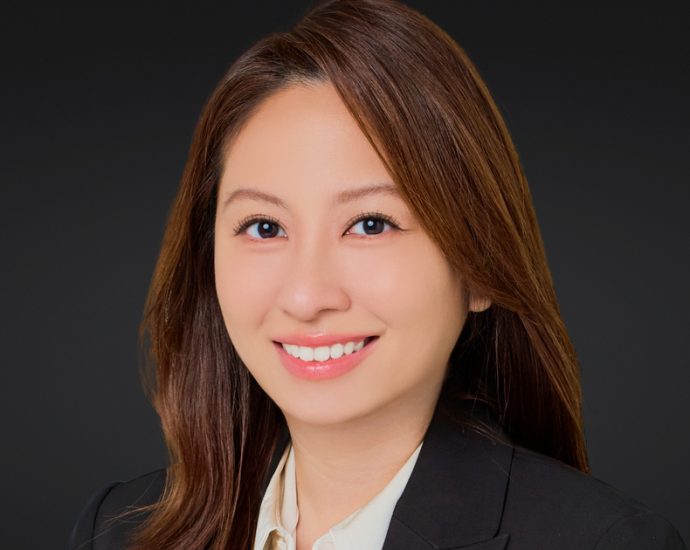Trial programme gets children to befriend seniors — 5 reasons to watch this CNA series

It was as though Auntie Christabelle was telling Laura, “You can do it. I’m here, I’m listening to you. You don’t need to feel shy”, observed SJSM Village volunteer leader Chay Siew Ping.
Given the opportunity, older people not only can impart experience but also can model qualities like confidence, said Chay.
Confidence building through inter-generation interactions is a two-way process. During a game, Laura passed on a message from Chay by speaking into Auntie Christabelle’s only good ear. “I love you,” Laura whispered.
“Wow, so do I. I love you!” Auntie Christabelle exclaimed.
Such encounters, said Vivien Wu Xi, an assistant professor at the NUS’ Alice Lee Centre for Nursing Studies, help to give the elderly residents “the social confidence that ‘I’m connected, I’m engaged.’”
“Even though I’m living in a nursing home setting, I’m still having little friends coming to visit me, working together on certain activities, achieving certain milestones every session.”
WATCH PART 3: Kids learn how their senior friends live in a nursing home (45:51)

